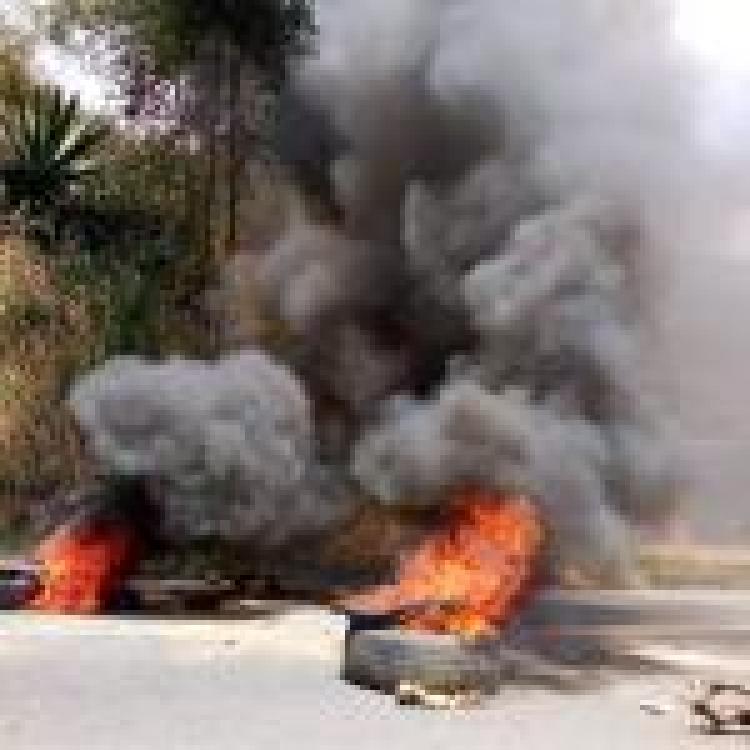Tamil National Alliance MP warned that Sri Lanka’s “culture of impunity is a ticking time bomb,” as he criticised failure to ensure justice and accountability, in the wake of anti-Muslim violence last week.
“Not once, but twice during my lifetime, the Sri Lankan government arranged for me, along with many other Tamils, to be transported to our place of origin in Jaffna during times when violence was being perpetrated against the Tamil community,” said the parliamentarian, in a column for the Sunday Observer. “Not once, but twice the Government acknowledged to me, and to all the Tamil people, that it could not – or would not – protect us in its own capital. We, who were said to be equal citizens, Sri Lankans, were faced with a Government that was unable – or perhaps unwilling - to be responsible for our physical safety in the capital city of what was said to be our own country.”
He went on to state that the previous anti-Tamil riots had “undeniable” similarities with anti-Muslim violence last week, where Sinhala Buddhist mobs destroyed homes and businesses in Kandy.
“There was consensus that a root cause for the violence that erupted was the culture of impunity,” he added.
“This culture of impunity is a ticking time bomb, not merely because of the violence it begets, but perhaps, even more importantly, because it forces those victimized by such violence to do the only thing that is left for them to do to survive – to defend themselves.”
“When a Government shrugs its shoulders and turns a blind eye to the violence being perpetrated against its own citizens; when one is abandoned by the law and authorities merely because of one’s ethnicity, one is forced to defend oneself.”
The parliamentarian went on to state that in that vein he was disappointed by the government “bending over backwards in its efforts to reassure perpetrators that they would not be pursued” when passing the Enforced Disappearances Bill last week.
“Criticizing the fact that the law was not applicable retroactively, the Leader of the Opposition, addressing the Government, stated that if it was not prepared to prosecute such crimes, its position would necessarily be that these were committed with its sanction, explicitly or implicitly,” he added. “All that the Government does in its attempts to say that this law is only for the future and not the past, is to reassure offenders that they will not be punished.”
See the full text of his piece in the Sunday Observer here.

